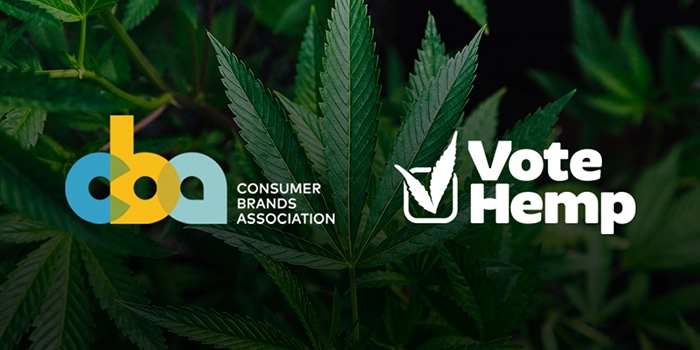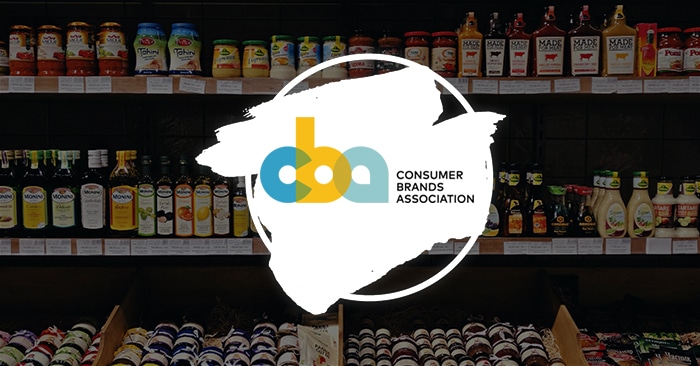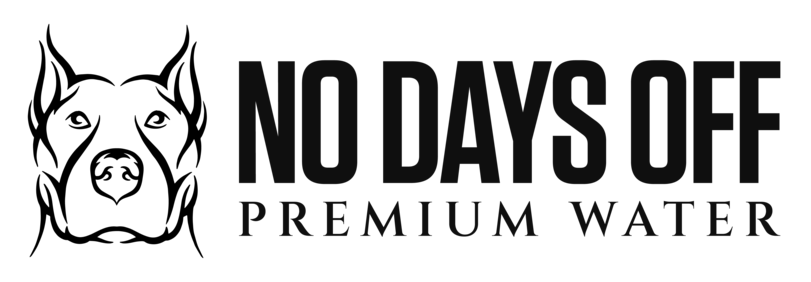Hemp and CPG Industries Push for CBD Oversight

In a letter to President Trump last Tuesday, a group of seven hemp organizations asked the administration to work with Congress to regulate cannabidiol (CBD), noting that the lack of progress from the Food and Drug Administration (FDA) is hindering a young market.
Washington D.C.-based advocacy organization VoteHemp, along with six state hemp associations, penned the letter, which implored the federal government to provide clear regulations that will allow U.S. hemp producers “to help rebuild our nation’s economy and make it even stronger.”
“There are still market uncertainties for our nascent industry, and it is critical to open end markets for our crops,” the letter said. “The Administration could play a crucial role by resolving the regulatory barrier created by FDA that has prevented FDA from recognizing CBD as a legitimate botanical ingredient for use in food and dietary supplement products.”
The lack of oversight hasn’t stopped the market’s expansion: research firm BDSA predicts the U.S. cannabinoid market will reach $45 billion by 2024, with edibles as a significant growth driver. During the 12 weeks ending June 14, CBD food and beverages sales grew 39% year-over-year, according to BDSA. Members of the hemp industry are eager to fuel further growth.
The letter noted that U.S. domestic hemp production has increased dramatically since the 2018 Farm Bill was signed, from about 26,000 acres in 2017 to 511,442 acres in 2019. As of January, 47 states have hemp production programs, and there were over 17,000 licensed hemp producers operating during the 2019 growing season. But the hemp industry’s contribution to the U.S. economy has “yet to be realized,” the letter said.
“Our industry is young and shows great promise,” the letter noted. “Seeds have already begun to go into the ground for the 2020 harvest.”
The FDA held its first cannabis hearing last June, in which over 100 health professionals, manufacturers, consumers and others urged the agency for federal regulations on CBD products, including food and beverages. In a report to Congress in March, the FDA said CBD’s safety remains unclear, despite a large number of products already entering the market.
The lack of regulatory oversight has prevented many mainstream retailers from selling CBD, said VoteHemp president Eric Steenstra.
“Everybody was anticipating some concrete action [from FDA],” Steenstra said. “The harsh reality is that CBD products or hemp extracts are as widely available as just about every product.”
In the absence of federal leadership, some lawmakers have sought alternative routes to regulatory controls. Rep. Colin Peterson (D-Minn) and chairman of the House Agriculture Committee in January introduced a bill to amend the Federal Food, Drug and Cosmetic Act (FDCA) to classify hemp-derived CBD as a dietary supplement. Additionally, in April the Drug Enforcement Agency (DEA) descheduled Epidiolex as a federally controlled substance. Some states have taken steps to regulate hemp themselves, with Virginia the first to approve hemp extract as a food ingredient in March.
Ultimately, Steenstra believes the FDA should regulate CBD under the existing framework for supplements, noting there’s been little reporting of adverse reactions or side effects. The bigger safety issue, he said, lies in existing products that make illegal health claims, and the FDA is “missing the correct path” by not regulating them. Since the beginning of the pandemic, a number of companies have received warning letters from the FDA and Federal Trade Commission (FTC) for illegal COVID-19-related claims on CBD products.
“The FDA has largely been throwing cold water on this thing without a clear basis,” Steenstra said. “They’re taking way too long to come up with any conclusions and failing to regulate products out there in the market.”

Other industry organizations are pushing to give the FDA more research. Consumer Brands Association (CBA) last month launched the Coalition for Smart CBD Regulation, to push congressional leaders to fund more scientific research. Bryan Zumwalt, CBA’s EVP of public affairs, said the goal is making sure agencies have what they need to regulate the market. At the same time, Zumwalt said he would be “stunned” if more states don’t regulate CBD products on their own before federal oversight is established.
“We put together a good solid coalition that should be able to advocate effectively,” he said.
Research organizations agree that more science-based evidence is needed to grow the market safely. Last Wednesday, leaders from the Center for Science in the Public Interest (CSPI), Consumer Reports, the Public Health Institute and Consumer Federation of America (CFA) sent a letter to Congress asking it to provide the FDA with more “time, resources, and authorities to adequately assess the science and unknown risks” of CBD.
“Forcing the FDA into rushed decisions and to prematurely implement major regulatory changes would result in an unsafe CBD market and distract the FDA from its current pandemic response and recovery efforts,” Wednesday’s letter noted.
















